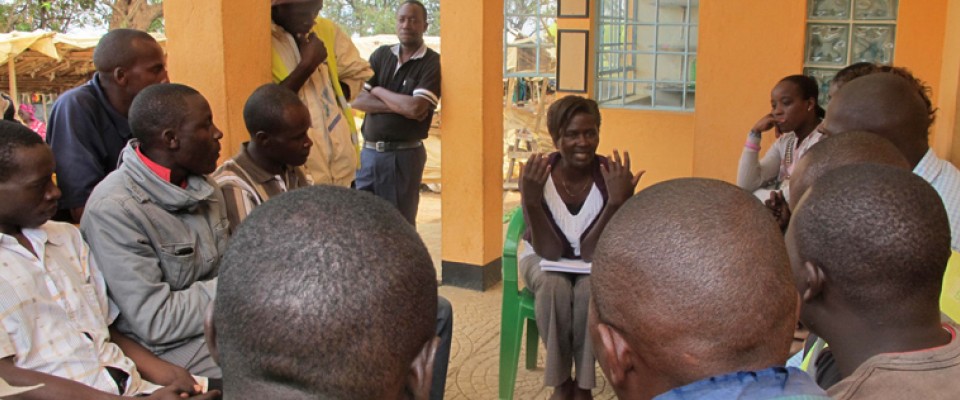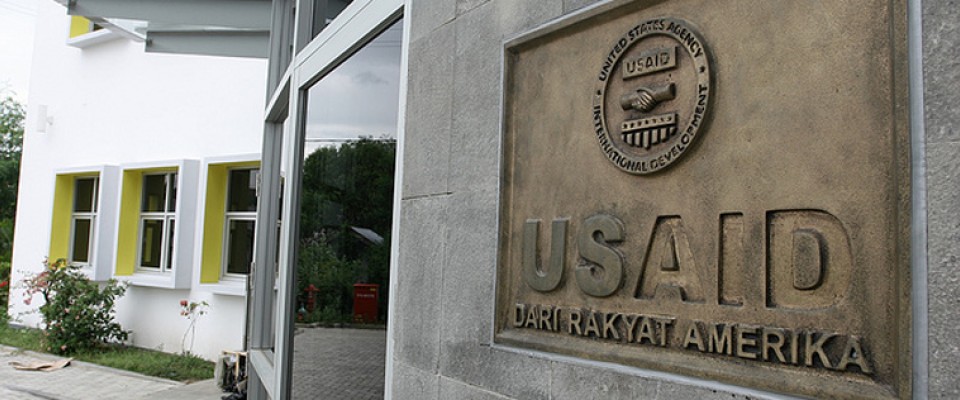- What We Do
- Agriculture and Food Security
- Democracy, Human Rights and Governance
- Economic Growth and Trade
- Education
- Ending Extreme Poverty
- Environment and Global Climate Change
- Gender Equality and Women's Empowerment
- Global Health
- Water and Sanitation
- Working in Crises and Conflict
- U.S. Global Development Lab
-
Learn More
Domestic Resource Mobilization (DRM)
-
Learn More
Cost-Benefit Analysis (CBA)
-
Learn More
Growth Diagnostics
-
Learn More
Research
Every day, more than a billion people worldwide wake up to a life of extreme poverty, surviving on less than $1.90 a day. All too often, they face obstacles to improving their situation, including poorly designed rules and regulations that make it difficult to find a job or start a business.
Tackling these barriers to economic growth is the best way to reduce and eventually eliminate extreme poverty. Economic growth generates jobs and economic opportunity, as well as the resources countries need to address development challenges on their own.
USAID’s work in the area of Economic Policy revolves around the idea that countries with free economies can grow more quickly and with greater benefits for all people. While our approach is different in every case, some of the most common efforts include:
- Working with foreign governments to limit inflation and other disruptions.
- Comparing the costs and benefits of public works projects, to ensure that American taxpayer dollars are going to their most effective use.
- Monitoring key industries to increase efficiency and promote access.
- Supporting government institutions that monitor public expenses and encourage responsible spending.
- Conducting research, working with experts, and training partners to be better decision makers.
The private sector typically serves as the principal engine of growth, but the public sector can also play an essential role in creating a fair and open economy. Working with both the public and private sectors, USAID helps bring job opportunities and better incomes to the areas in greatest need.
These efforts have been shown to improve economic performance overseas, and, at the same time, can have positive effects in the United States as well.
Many countries we work with become strong allies and trading partners for the United States, with benefits to both countries. It is our goal to turn those nations that are struggling into stable economic and political allies that can provide for their people.











Comment
Make a general inquiry or suggest an improvement.